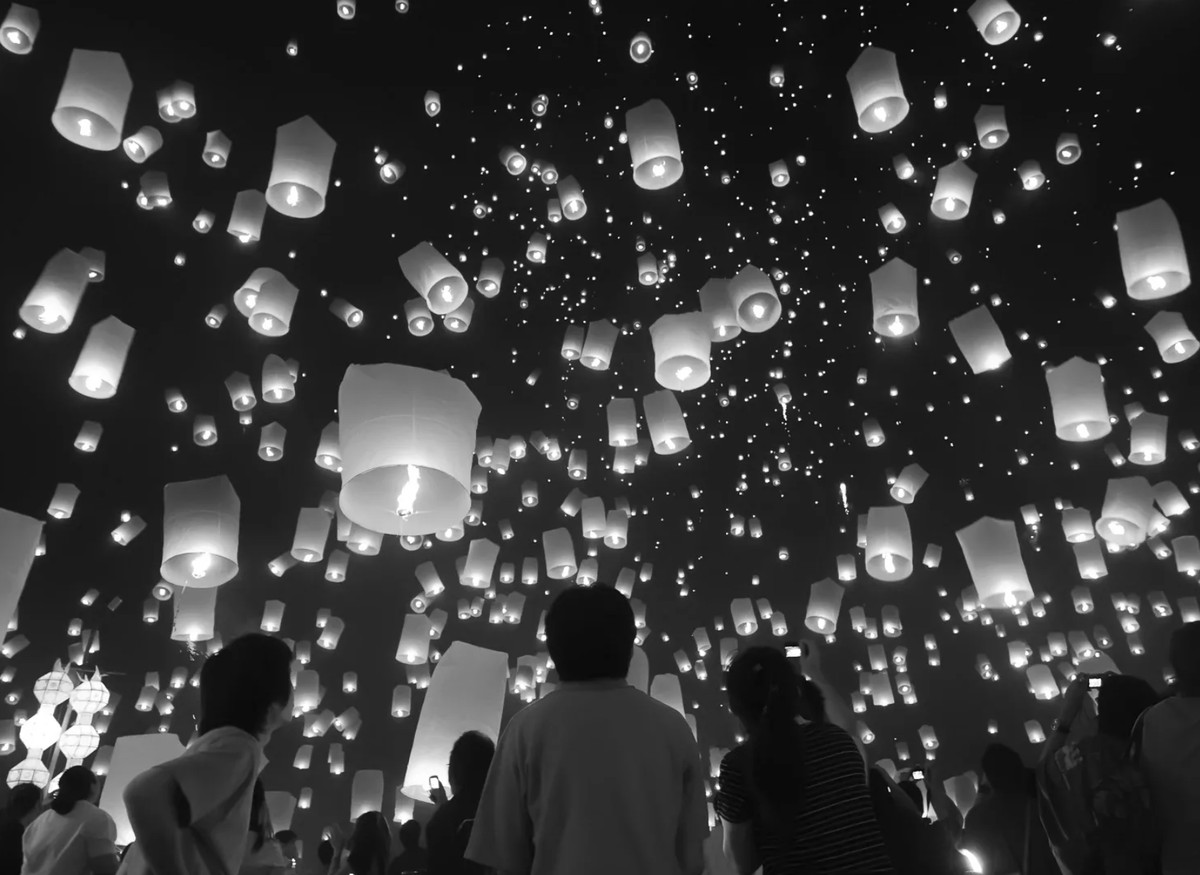Karoshi: The Hidden Toll of Japan’s Unyielding Work Ethic
Karoshi is the Japanese term for death caused by overwork and chronic stress. By 2020, nearly two thousand such deaths had been documented, including those from physical overload as well as suicides driven by intolerable working conditions. This isn’t a distant statistic; it’s a cultural crisis that has accelerated as the nation’s labor machine pushes workers to their limits.
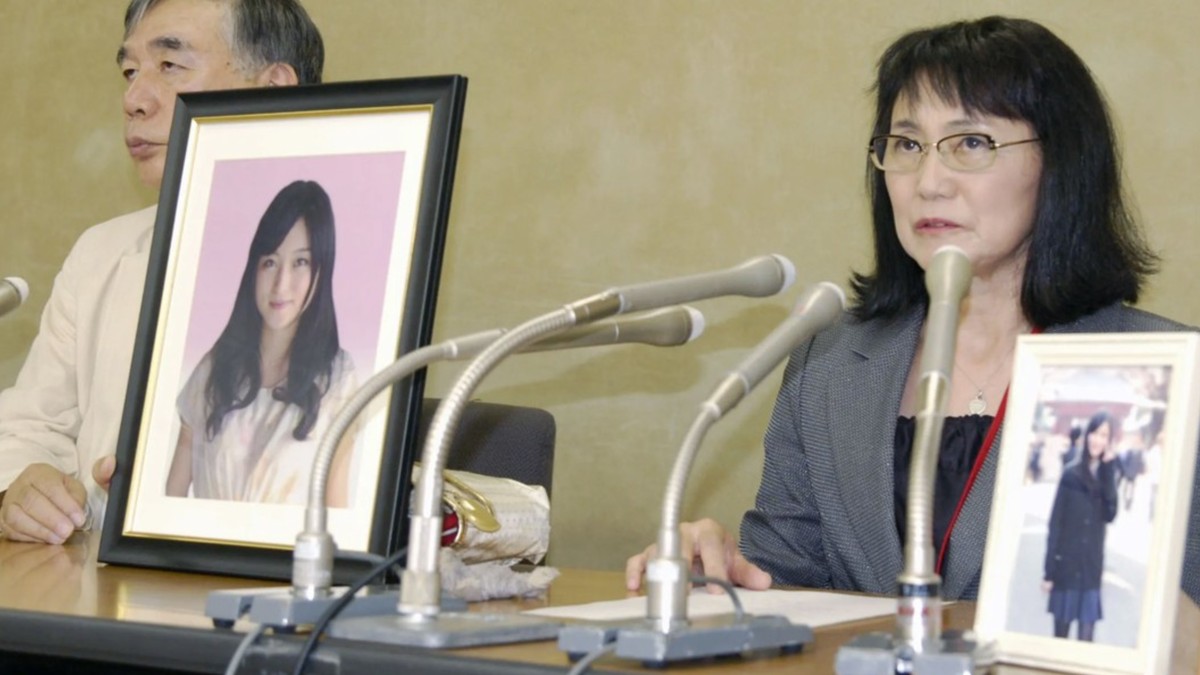
In This Article:
Lanterns for Unused Vacation: A Buddhist Ritual to Confront Untaken Time
In 2019, Japan hosted a Buddhist ritual to mourn unused vacation days. About 300 lanterns were launched into the sky, each representing a day an employee never allowed themselves to take off due to workload and responsibility. One lantern carried a message from a woman who had to delay her daughter’s birthday by six months because of work. The event’s organizer, the creative director of Ningen Inc., explained the purpose: to prompt people to imagine what they would do with a vacation they already have, but never permit themselves to take.
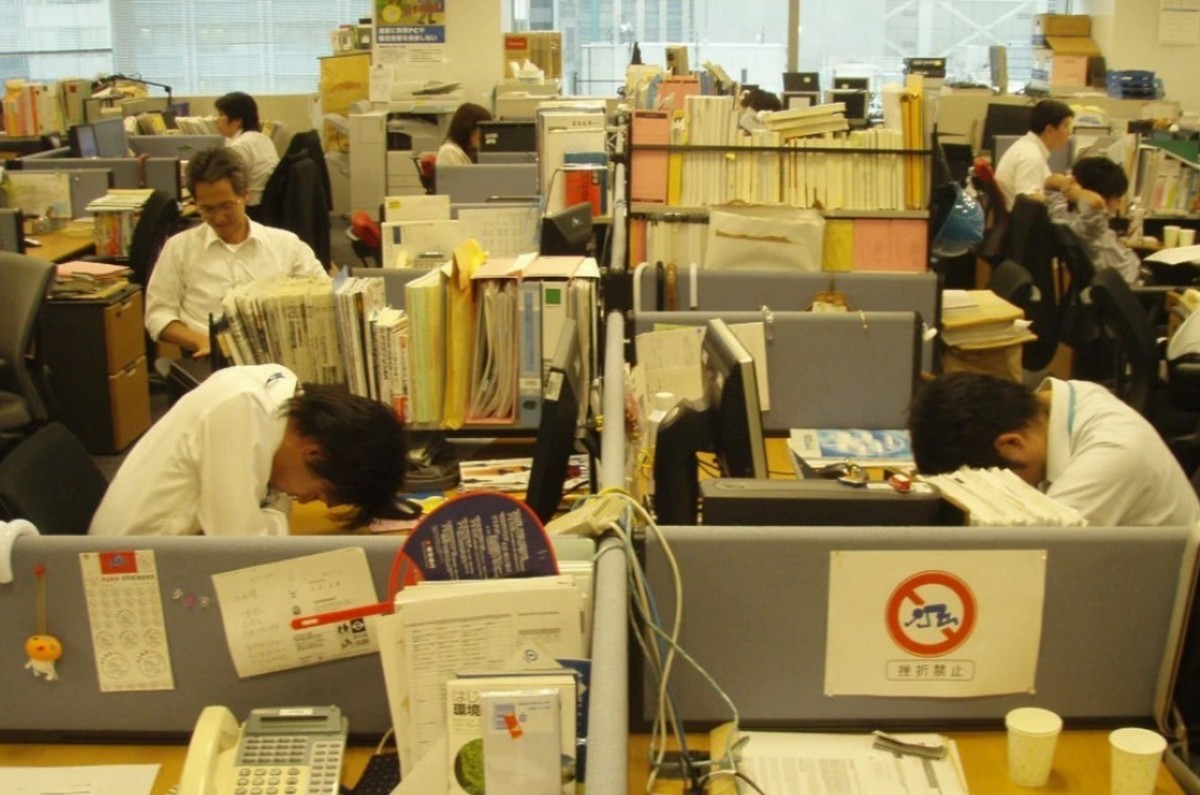
From Showa to the Miracle: The Birth of a Lifetime-Employment Culture
Postwar Japan faced ruin after World War II. The nation chose a stark path: work harder, spare nothing for the future. The extraordinary growth of the 1950s—often called the Japanese economic miracle—was not magic; it sprang from disciplined labor and self-denial. Over time, constant overtime became normal, and work itself came to define personal identity. The idea of lifetime employment, promoted in the mid-20th century, wove loyalty to a single company into the fabric of Japanese life.
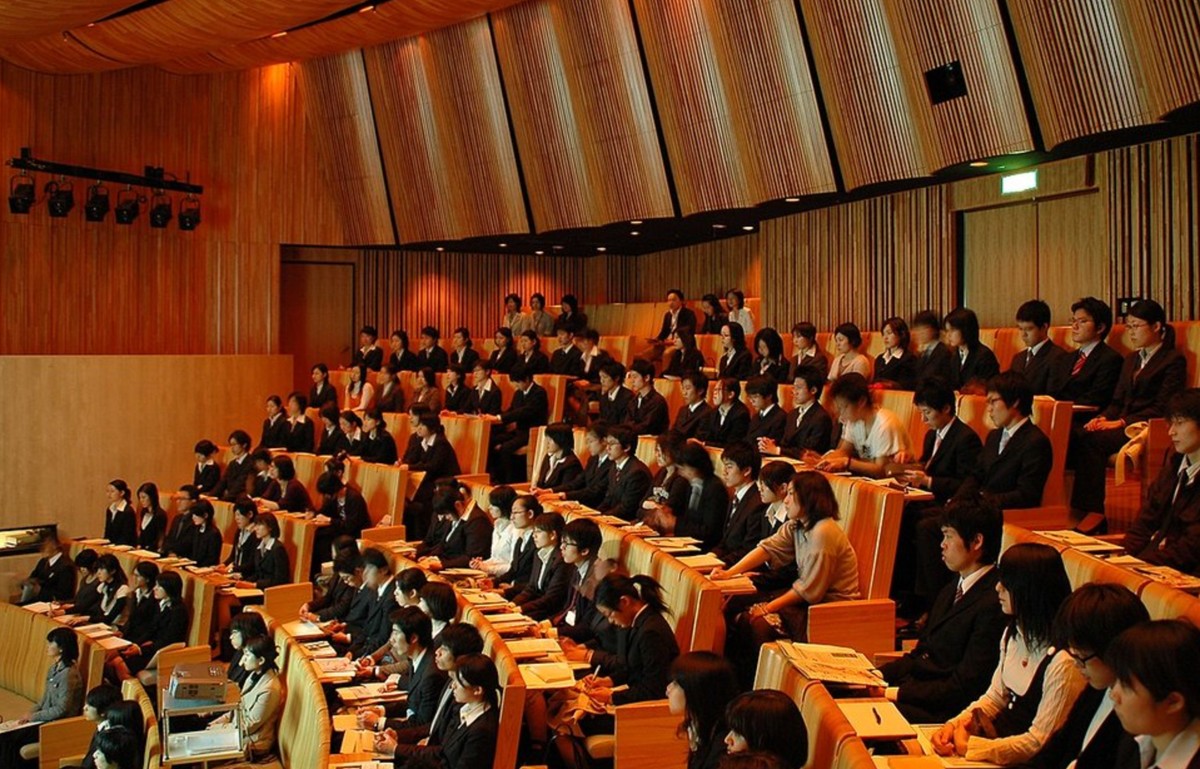
The Toll Mounts: The First Deaths, Scandals, and Law Reform
The horror of karoshi began long before headlines faded. The first documented death from overwork occurred in 1969, when a man died of a stroke at his office. As the years passed, these tragedies multiplied, giving rise to the term karoshi—death by overwork—that includes both physical causes and suicides linked to chronic stress. By 2011, nearly 2,700 work-related suicides were recorded. In 2015, most victims logged more than 80 hours of overtime per month, and those who died by suicide averaged about 100 hours. A pivotal case involved Masuri Takahashi, a young Dentsu employee who, after eight months, had accrued 108 hours of overtime and wrote on social media about 20-hour days; she took her own life. The scandal forced the resignation of Dentsu’s president and intensified scrutiny of corporate practices. A 1991 incident at Dentsu had already compelled some reforms, but meaningful change remained elusive.
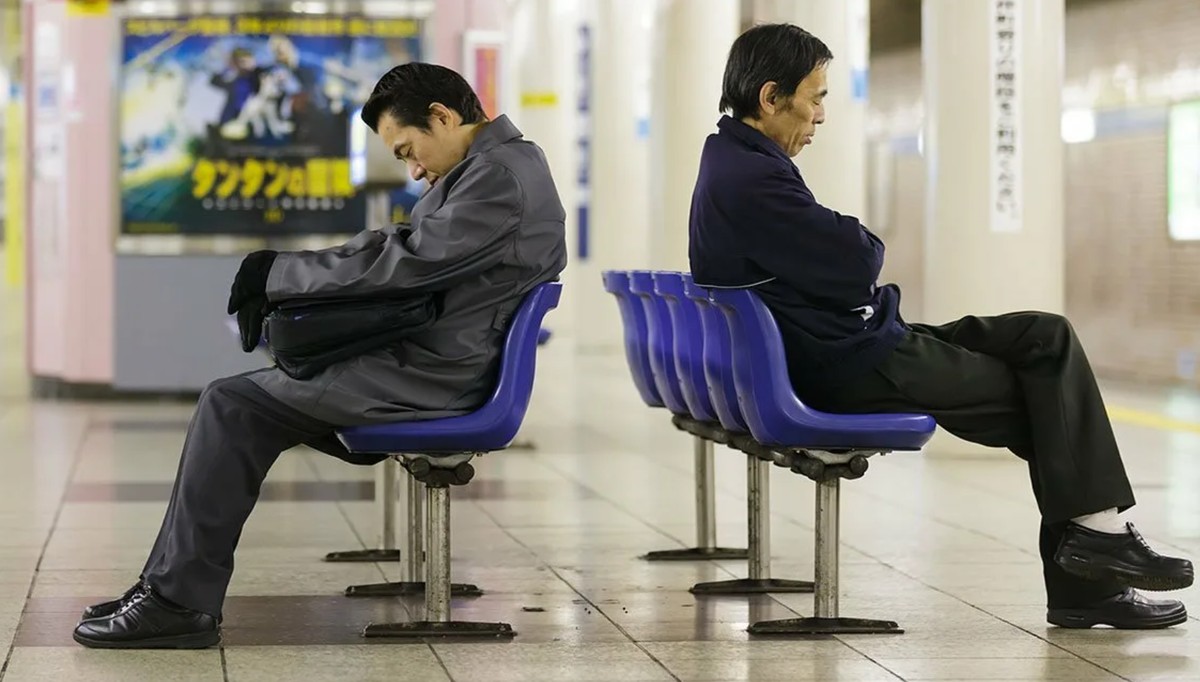
Today and Tomorrow: Reform Without Complete Relief
In 2018, Japan’s government enacted laws aimed at curbing overtime, improving working conditions, and requiring compensation for extra hours. Yet real-world results have been limited, and many people still spend large portions of their lives at work. The culture of collectivism and loyalty—where leaving after the boss does is seen as disrespectful—continues to push people toward long hours. The country now faces the challenge of translating policy into practice and rethinking work as a pillar of life rather than life itself.
